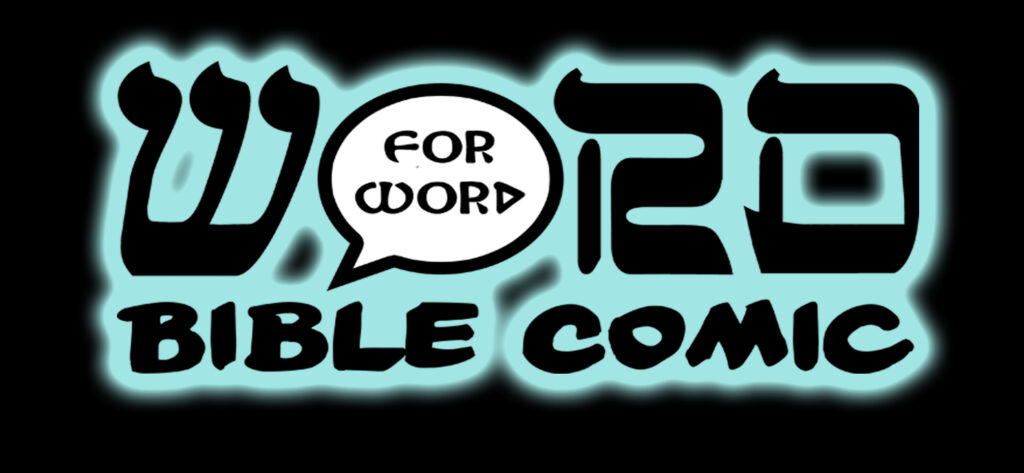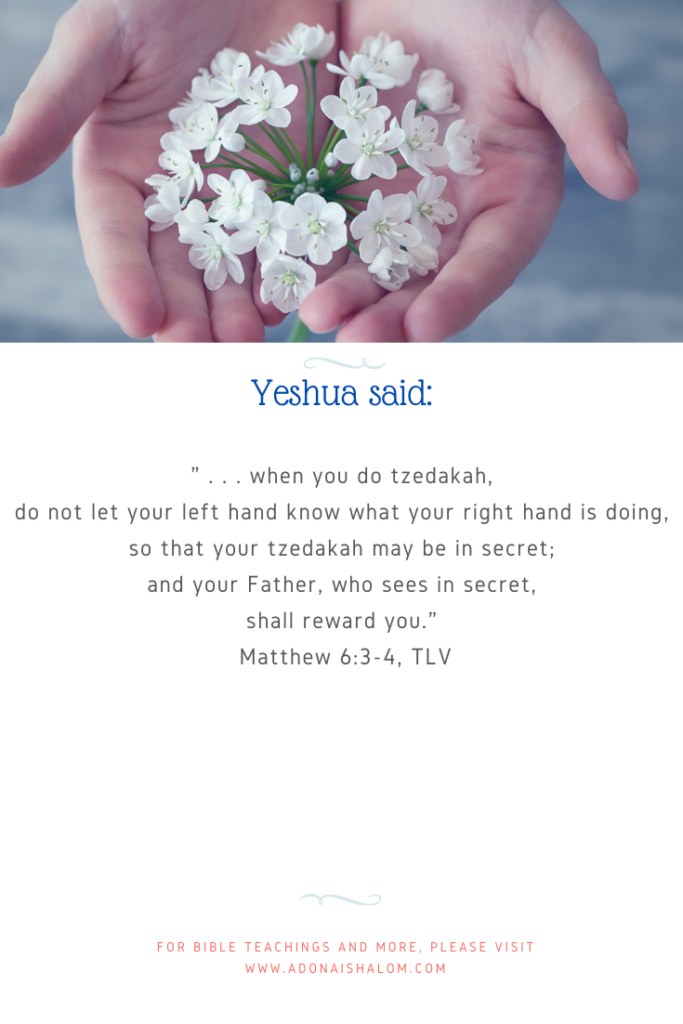Review: Gospel of Mark: Word for Word Bible Comic: NIV


Simon Amadeus Pillario, author/illustrator, has generously provided me with an ebook copy of the Word for Word Bible Comic (NIV) in exchange for my honest review. This was made possible through the Bible Gateway Blogger’s Grid. Here is a link to his blog: https://www.wordforwordbiblecomic.com/blog
Book Review

The book is also available in Spanish:
El Evangelio de Marcos: Verso a Verso Bíblica-Cómic : Traducción NVI
The Gospel of Mark: Word for Word Bible Comic: NIV is available in both in English or Spanish (NVI). Since my husband and I have pastored Spanish language and bilingual congregations, the fact that this is available in both languages right from the start is very appealing. In other words, there’s no need to wait for a publisher to finally get around to offering it in Spanish. My first reaction to seeing the cover was, I need to show this to my tweens and see what they think! So I did. And as expected, they said, “Looks cool, yeah, we’ll read it.”
Getting kids that age interested in the Word is a challenge, so that was a win. This looks to be a very appealing format for many tweens and teens to be introduced to the Gospel of Mark! ¡Excelente!
I love that the Word for Word Bible Comic series is straight from the Gospel text. I could easily see this book (and others in the series) being used for youth ministry in both English and Spanish language congregational settings.

Cultural accuracy and relevance
I also love the Hebraic-styled font on the cover. Anyone who follows my blog won’t be surprised! I love anything that reminds today’s believers of the Jewish roots of our faith. The illustrations inside the book are tastefully done and colorful and it seems very apparent that care was taken to ensure cultural accuracy and relevance.
Additionally, the faithfulness by the part of the author to provide teenage readers the actual Gospel text should be commended. I personally am not a huge fan of the NIV (New International Version) translation. Nevertheless, I am aware that it is popular, especially for outreach. I would be even more impressed by this effort if a version comes out that uses something like the TLV (Tree of Life Version)! Why the TLV? It restores the Jewishness of the Scriptures, most obviously the name of Yeshua which is Jesus’ Hebrew name. But in the meantime, this graphic novel series is more than adequate to express Gospel Truth.
Age Rating
The Gospel of Mark Word for Word Bible Comic is rated for ages 12+ due to infrequent “bloody violence” and “mild alcohol use.” Given the violent world around us and the images kids are bombarded with every day online and on tv, I don’t think many children would be startled by the illustrations in this book. The author included several pages on how he made his designs which I think would appeal to any young person, especially those with artistic interests!
My recommendation
The Word for Word Bible Comic has the potential to greatly increase the Biblical literacy of young people, and the young-at-heart. This book makes the Good News accessible to those who might not otherwise pick up a Bible. I wholeheartedly recommend it!
PURCHASE LINK: https://www.wordforwordbiblecomic.com/buy
Matthew, Mark, and coming soon: Luke!
Matthew is available, now Mark, and the creators of this Bible comic are currently in the process of crowdfunding $20,000 for their forthcoming title The Gospel of Luke on Kickstarter.
Here is the link if you are interested. Moreover, if you are able to support this important work, you can give here: https://www.kickstarter.com/projects/word4wordbiblecomic/the-gospel-of-luke-word-for-word-bible-comic-niv-and-nvi?ref=424wph
It is very exciting that there will be another book available for the Gospel of Luke!

*Note: at 45-49 seconds into the promotional video on the Luke project, I do want to alert my readers that I was initially concerned about the use of sacred heart/Marion imagery in the video, though I had not come across anything like that in the Mark volume.
Mr. Pillario was kind enough to send a picture of the page in question (at right) and personally responded to me, which I also thought was very kind of him. To clarify, Pillario writes: “. . . it is in the context of Mary prophesying that she will be called ‘Blessed through generations.’ It’s an artistic representation to highlight the fact the prophecy is true: you see there’s white Mary and black Mary and even Japanese Mary.” It is certainly true that regardless of our cultural and denominational backgrounds, the prophecy is indeed true. I find Mr. Pillario’s explanation sufficiently reasonable to continue to fully recommend this book.

Title: Word for Word Bible Comic: The Gospel of Mark (NIV)
Author: Simon Amadeus Pillario
Publisher: Word for Word Bible Comics
Release Date: March 1, 2022
Genre: Religion/Christian Education/Teen
ISBN: 9781914299063
Pastora Jennifer Mieliulis Fuentes, M.Div., Duke University
Additionally, if you enjoyed this book review, you may want to check out these other reviews. I have reviewed Rabbi Jason Sobel’s, “Mysteries of the Messiah” as well as Dr.Amy-Jill Levine’s “The Difficult Words of Jesus.”



